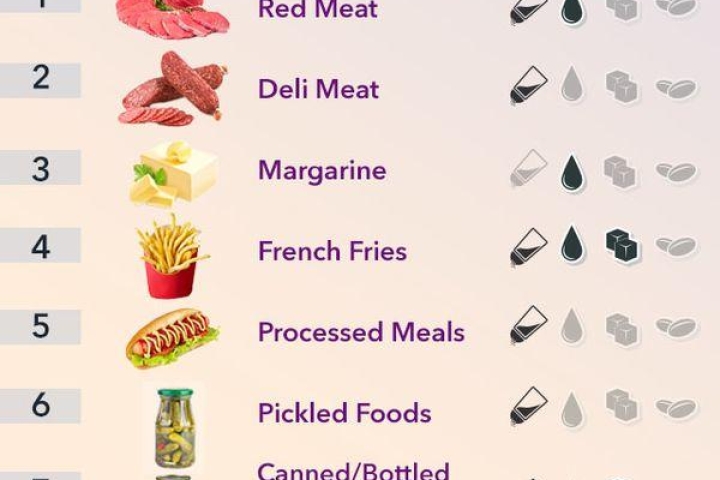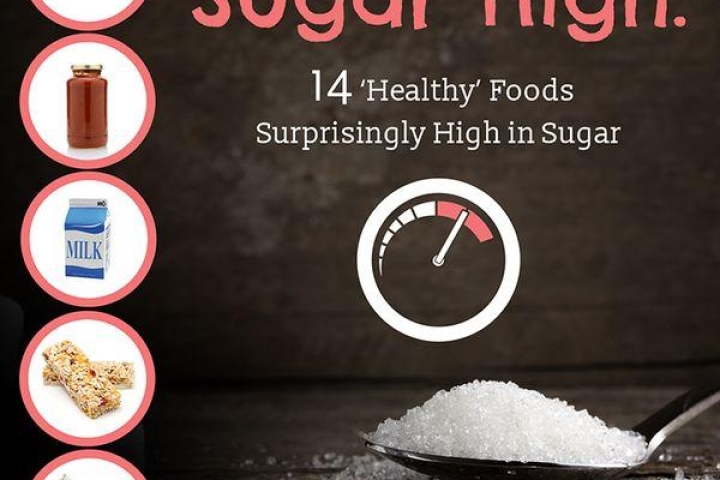Natural Ways to Cope with Winter Blues
Staying cheerful during the winter months can be challenging, especially when sunlight is scarce and temperatures are frigid. Apart from methods such as light therapy, talk therapy, and spending more time outdoors, making some dietary changes can significantly boost your mood when you need it the most.
Research indicates that your diet can profoundly affect not only your physical health but also your mental and emotional wellbeing. Experts suggest that there is a direct pathway from the gut to the brain, implying that the state of your gut can directly influence your mental health. To ensure positive communication from the gut to the brain, consider incorporating the following foods into your diet and observe their benefits.
What to Get More Of
1Chocolate
You may have heard this before, but it bears repeating: chocolate, specifically dark chocolate, can enhance your mood by helping to reduce stress hormones. This effect is likely due to the antioxidants found in dark chocolate. It's reassuring to know that indulging in chocolate can be beneficial, just be mindful of its high calorie content.
2Carbs
Disregard the negative stigma surrounding carbs. Carbohydrates can promote healthy levels of serotonin, the “feel-good” brain chemical. Several studies suggest that the stress of adhering to a low-carb diet can have more detrimental effects on your emotional well-being than positive ones.
3Spinach
Leafy green vegetables, such as broccoli and especially spinach, are rich in vitamin B. Key vitamins to look for include folate and vitamins B-3, B-6, and B-12. Serotonin production requires adequate levels of vitamin B, so ensure you’re getting enough. A single cup of spinach provides about 30% of the recommended daily intake of some B vitamins.
4Fish
Fish—particularly salmon, sardines, or mackerel—is crucial for maintaining adequate levels of omega-3 fatty acids. These fatty acids are integral to brain tissue, and lower levels can make you more susceptible to mood dips and low energy. Omega-3s also help keep brain cells flexible, which is essential for optimal neurotransmitter function.
5Saffron
Including this spice in your diet can have effects on your mood similar to those of popular mental health medications. In a study with women experiencing PMS symptoms, saffron significantly reduced the intensity of their negative symptoms after two months. It is believed to increase the availability of serotonin in the brain.
6Coconut
Coconut offers numerous health benefits, and its fragrance can specifically help induce calmness. Studies have demonstrated that exposure to the scent of coconut can lower blood pressure, thus reducing stress and promoting calmness.
7Tea
If you're a coffee enthusiast struggling with caffeine addiction, consider switching to caffeinated black, green, or oolong teas. Besides reducing brain fog with caffeine, these teas contain theanine, an amino acid that enhances focus and attention in conjunction with caffeine.
8Bananas
While a banana a day may not keep the doctor away, it's a reliable way to boost your mood. Bananas are rich in tryptophan and vitamins; vitamin B-6, in particular, helps convert tryptophan into serotonin, aiding in mood enhancement and sleep.
9Water
It goes without saying that staying hydrated is crucial for both physical and mental health. Even slight dehydration can significantly affect bodily functions. Therefore, to keep everything running smoothly and maintain optimal mental and emotional health, aim to drink 1-2 liters of water daily.
What to Avoid
In addition to incorporating these beneficial foods into your diet, there are several foods you should avoid to maintain a stable and positive mood. The typical Western diet heavily relies on these detrimental foods, but understanding their effects allows you to make healthier choices.
1Sugar
Sugar, especially refined sugar, can wreak havoc on your health in numerous ways. It can cause blood sugar fluctuations, leading to mood swings, and promote chronic inflammation, which over time can weaken the immune system. A compromised immune system is associated with low moods and depression. Reducing your intake of refined sugar can help sustain your immune system and emotional well-being.
2Alcohol
While some studies highlight the benefits of light alcohol consumption, excessive intake is widely recognized to negatively affect mood. Alcohol disrupts REM sleep, reducing sleep quality and impacting mood the following day. It can also cause dehydration and negative interactions with medications, not to mention triggering cravings for unhealthy foods.
3Processed Foods
The negative impact of processed foods on your mood is quite apparent. Ingredients like sugar, gluten, monosodium glutamate (MSG), synthetic components, artificial colors, and trans fats have all been clinically proven to affect mood adversely. Opting for whole, natural foods is generally easier on the body and better for your emotional health. When you feel physically well, your mood is likely to improve.
Committing to eating more beneficial foods and fewer harmful ones could lead to a noticeable improvement in your mood this winter. Although this doesn't eliminate the need for other methods to combat seasonal blues, aligning your physical health with your mental health can be incredibly beneficial. Try this approach during the long winter months and you might be pleasantly surprised by the changes.
Sources:
- http://articles.mercola.com/sites/articles/archive/2014/01/02/food-affects-mood.aspx
- http://www.netdoctor.co.uk/healthy-eating/a25845/11-mood-boosting-foods/
- http://mobile.eatingwell.com/nutrition_health/mind_body_spirit_center/7_foods_to_boost_your_mood_naturally





Leave a comment